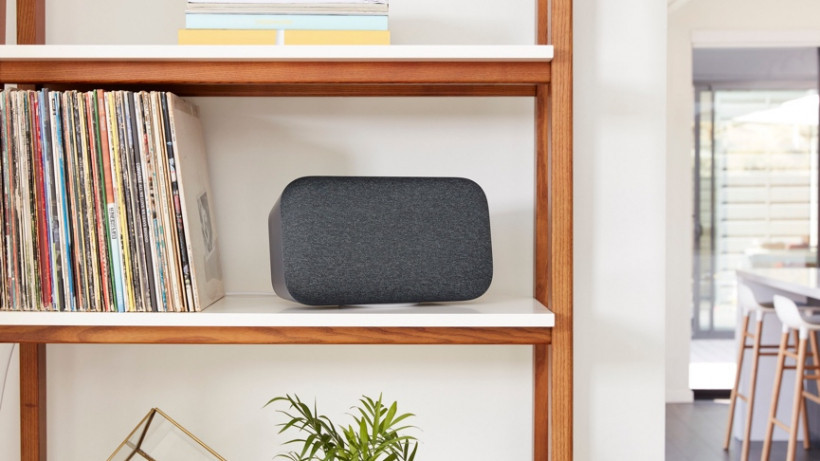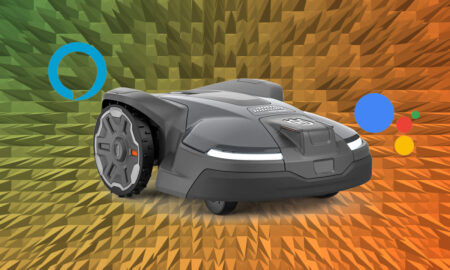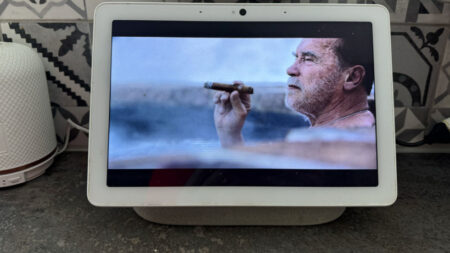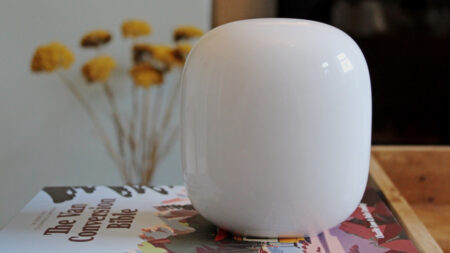Not sure how useful these tests are – but it's fun anyway
There’s a virtual assistant arms race out there with Alexa, Google Assistant and Siri all vying for to be the most accurate and most useful – and a new study shows that Google might be winning that race, for now.
The study by Stone Temple Consulting is a re-run of a similar 2017 survey. It asked all of the major voice assistants and Cortana (banter) 5,000 different queries – noting whether the question was recognised and the quality of the answer. And the results found in favour of Google Assistant.
Essential reading: Best smart speakers
In short, Google Assistant on Google Home answered 68% of questions – and of that range, answered around 88% correctly.
Alexa, on the other hand, attempted just over 50% of questions, and nailed about 82% of those. Siri, for those interested, only attempted to answer 40% of the same questions, getting 80% of those correct.
Cortana actually pulled Amazon’s pants down here, attempting 62% and nailing 90% of that selection. You can get a clearer sense of the breakdown below:
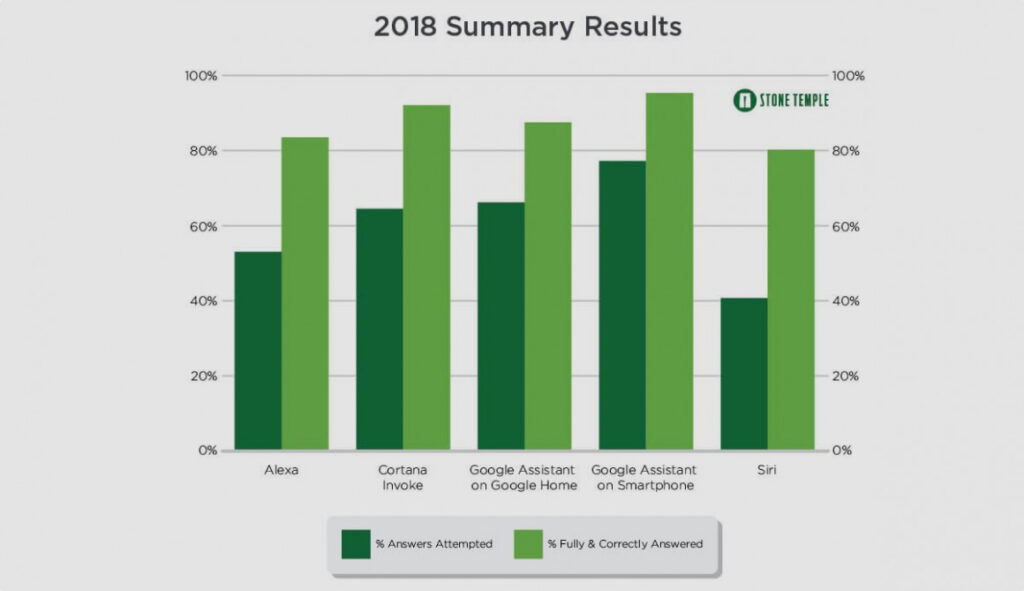
Still reeling from that? Well, here’s some more numbers to consider: Google Assistant on Google Home was actually by far outsmarted by Google Assistant on smartphone – attempting 78% vs 63% of questions, with a success rate of 93% vs 88%. Go figure on that.
So it’s clear that Google Assistant is leading Amazon here – but there are some nuanced elements of the results that require consideration.
First, Amazon actually performed far better in 2018 than in the 2017 survey – up 19.8% to 53% in terms of questions attempted – so Alexa is improving a lot faster than Google. Secondly, Google has always had an upper hand in answering questions from its search results – that’s its strong suit. But Alexa’s features have always been its secret weapon, as well as third party support in the smart home – that isn’t factored in here.
Personally we don’t actually ask our voice assistants many questions beyond today’s weather – maybe because the answers are poor, but mostly because we already have ways of acquiring information. Our smart speakers are more about getting stuff done – without actually doing it ourselves.
But it also serves as a reminder Google has more to give, in terms of the power of its Google Home speaker – and it’s odd that the company’s smart speakers and smartphones operate slightly differently. Anyone considering who holds the cards in the smart speaker race should remember than Google is playing more than one game.


